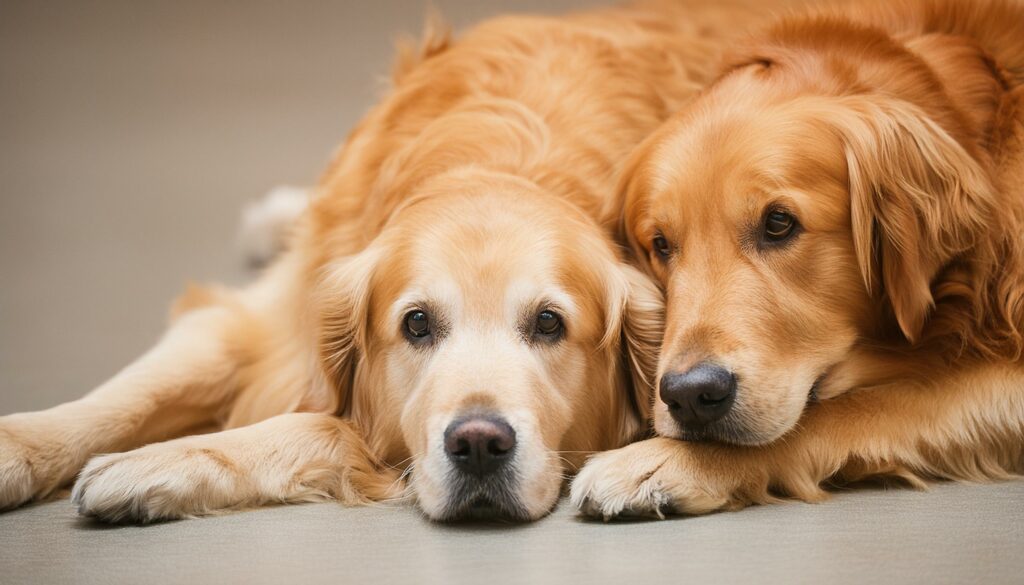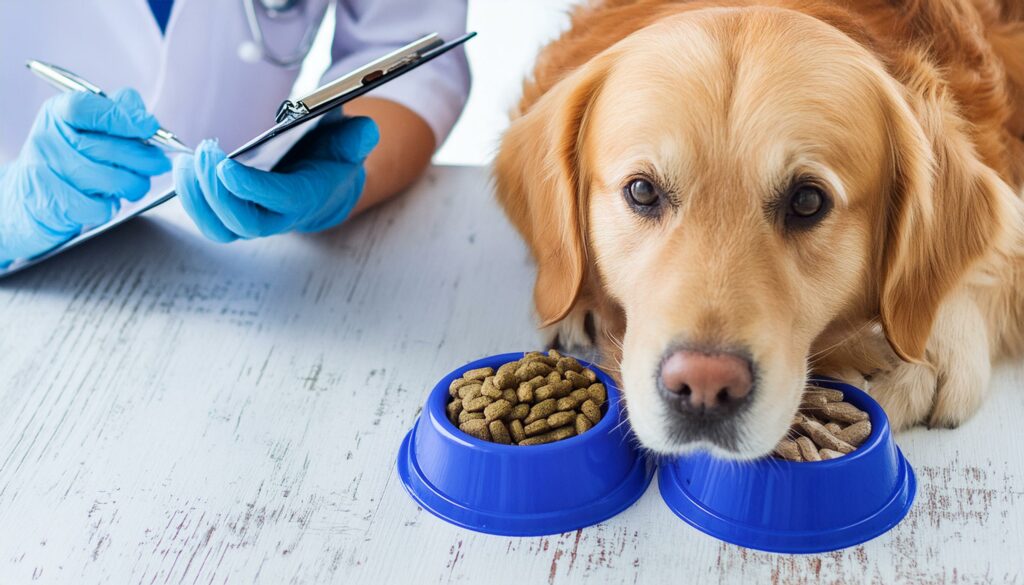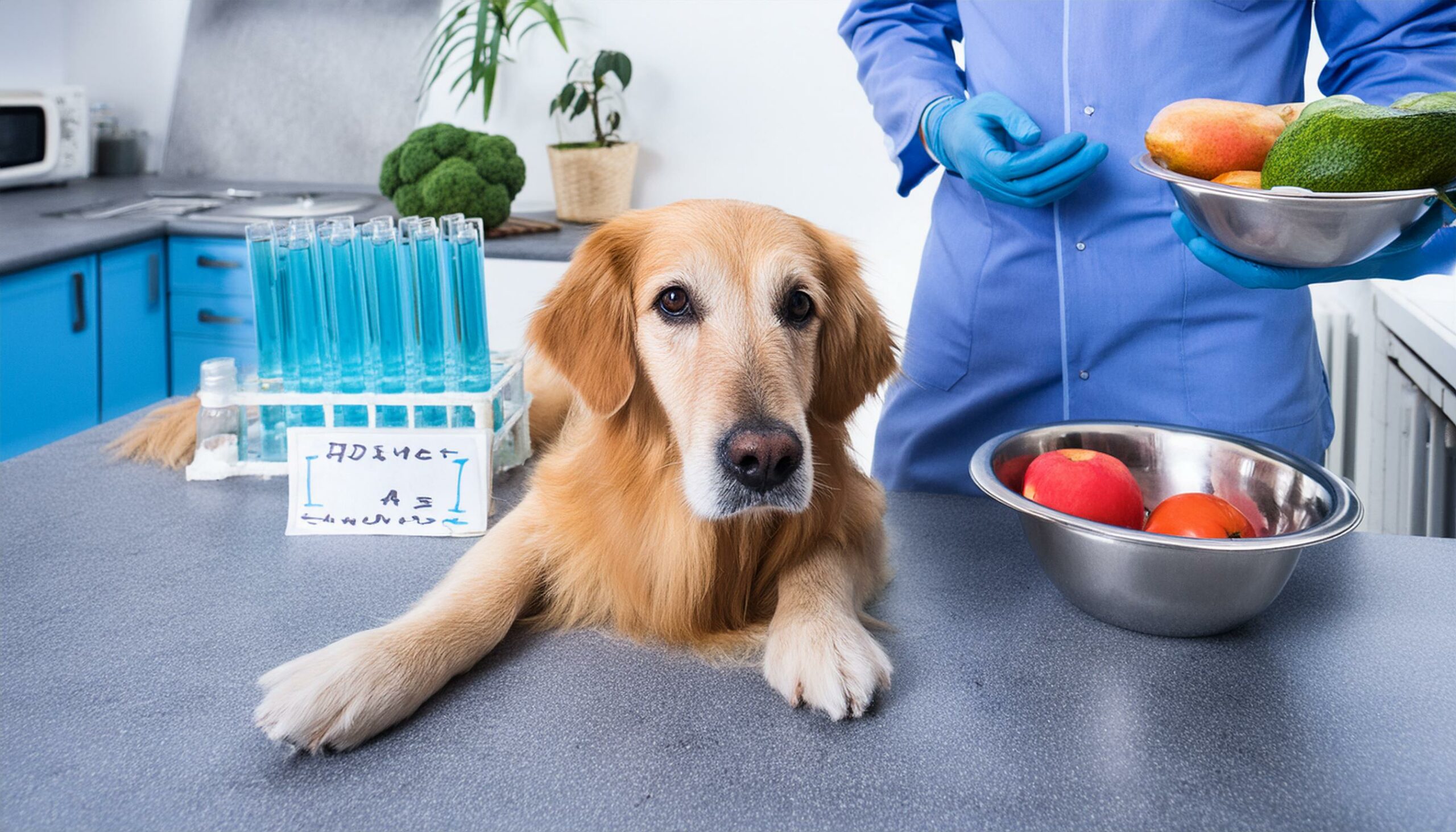Golden Retrievers, with their friendly demeanor and hearty appetite, are cherished members of many households. However, not all foods are safe for these beloved pets. In fact, certain common human foods can pose serious health risks to Golden Retrievers. In this comprehensive guide, we’ll delve into the toxic foods that Golden Retrievers should avoid, understand why these foods are harmful, and explore measures to keep your furry friend safe.
Understanding Toxic Foods
What Makes a Food Toxic?
Before we discuss specific toxic foods, it’s essential to grasp why certain foods are harmful to dogs. While many foods are safe for human consumption, they may contain substances that are toxic to dogs. These substances can adversely affect a dog’s digestive system, kidneys, liver, or even lead to neurological issues.
Common Toxic Foods for Dogs
While numerous foods can be toxic to dogs in general, some are particularly hazardous for Golden Retrievers due to their size and metabolism. These include chocolate, grapes, xylitol, onions, garlic, avocado, alcohol, macadamia nuts, and fatty foods.
Specific Foods Toxic to Golden Retrievers

Chocolate and Caffeine
Chocolate contains theobromine and caffeine, which can induce vomiting, diarrhea, rapid breathing, increased heart rate, seizures, and even death in dogs. Dark chocolate and unsweetened baking chocolate pose the highest risk due to their elevated theobromine content.
Grapes and Raisins
Grapes and raisins can lead to kidney failure in dogs, manifesting symptoms such as vomiting, diarrhea, lethargy, and decreased urination. Even a small amount can be toxic, making it imperative to keep these fruits away from Golden Retrievers.
Xylitol
Xylitol, a sugar substitute found in sugar-free gum, candy, and baked goods, can prompt a rapid release of insulin in dogs, resulting in hypoglycemia (low blood sugar). This can lead to seizures, liver failure, and even death.
Onions and Garlic
Onions and garlic, whether raw, cooked, or powdered, contain compounds that can damage a dog’s red blood cells, leading to anemia. Symptoms may include weakness, vomiting, diarrhea, and difficulty breathing.
Avocado
Avocado contains persin, a substance that can cause vomiting and diarrhea in dogs. While the fruit itself isn’t highly toxic, the large seed poses a choking hazard, and the high-fat content can trigger pancreatitis.
Alcohol
Alcohol can induce intoxication in dogs, resulting in symptoms such as vomiting, diarrhea, difficulty breathing, tremors, and even coma. Even small amounts can be perilous for Golden Retrievers.
Macadamia Nuts
Macadamia nuts contain toxins that affect a dog’s nervous system, causing weakness, tremors, vomiting, and hyperthermia (elevated body temperature). In severe cases, paralysis may ensue.
Fatty Foods
Fatty foods like fried foods, bacon, and fatty cuts of meat can trigger pancreatitis in dogs, leading to abdominal pain, vomiting, diarrhea, and loss of appetite.
Signs and Symptoms of Toxicity
It’s crucial for Golden Retriever owners to recognize the signs of food toxicity, which may include vomiting, diarrhea, lethargy, difficulty breathing, seizures, and collapse. If ingestion of a toxic food is suspected, immediate veterinary care is necessary.
What to Do if Your Golden Retriever Ingests Toxic Food

If your Golden Retriever consumes a toxic food, contact your veterinarian or an emergency veterinary clinic without delay. Do not attempt to induce vomiting unless instructed to do so by a professional. Provide detailed information about the type and quantity of food ingested.
Preventive Measures
Keep Human Food Out of Reach
To prevent accidental ingestion of toxic foods, store human food securely in cabinets or pantry shelves inaccessible to Golden Retrievers.
Educate Family Members and Guests
Educate family members and guests about the dangers of feeding human foods to dogs. Emphasize the importance of refraining from offering table scraps or treats unless they are specifically formulated for dogs.
Use Dog-Safe Treats
When treating your Golden Retriever, opt for dog-safe options such as commercial dog treats or fresh fruits and vegetables that are safe for canine consumption.
Conclusion
While Golden Retrievers bring joy and companionship to our lives, it’s crucial to be mindful of the foods that can jeopardize their health. By understanding which foods are toxic and implementing preventive measures, you can ensure that your Golden Retriever remains healthy and happy for years to come.
FAQs
Can small amounts of toxic foods harm my Golden Retriever?
Yes, even small amounts of certain toxic foods can harm Golden Retrievers. It’s imperative to prevent access to these foods entirely.
How quickly should I seek veterinary care if my Golden Retriever ingests a toxic food?
Veterinary care should be sought immediately if you suspect your Golden Retriever has ingested a toxic food. Prompt treatment can be life-saving.
Are there any safe human foods that I can share with my Golden Retriever?
Yes, some human foods are safe for Golden Retrievers in moderation, such as plain cooked meats, carrots, and apples (without seeds).
What should I do if my Golden Retriever shows symptoms of food toxicity?
If your Golden Retriever exhibits symptoms of food toxicity, contact your veterinarian promptly and follow their guidance for seeking treatment.
How can I prevent my Golden Retriever from ingesting toxic foods?
To prevent accidental ingestion of toxic foods, store human food securely out of your Golden Retriever’s reach and educate family members and guests about the dangers of feeding human foods to dogs.
